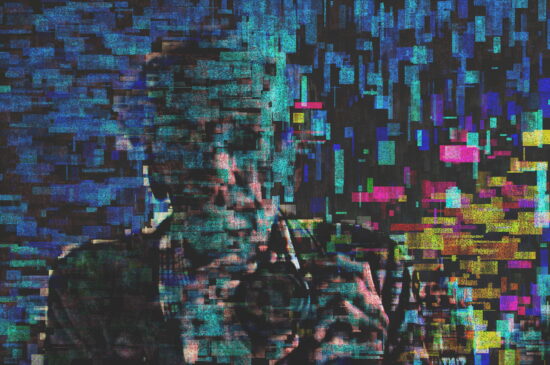CUNY Peer Leaders is a community-based program that supports CUNY undergraduate students’ scholarship and creative work in the Humanities and supports them in developing leadership skills to implement within their communities and colleges.
What can you do here?
-
Create a Group
Groups are public or private community spaces featuring a discussion forum, shared files, and an email listserv. They’re ideal for class or other collaborations.
View Group Examples -
Create a Site
Sites are flexible websites with several privacy options. Collect student writing, build a portfolio, showcase an event—give any project an online home.
View Site Examples -
Create a Connected Group + Site
Connecting a Group and a Site creates a public presence for your initiative or class alongside a private collaborative space and discussion.
Full Documentation
Create a Public CV and level up your online profile
Sites
More Site ActivityFeatured Sites
-
-
Exploring the Brooklyn Waterfront
-
Home for the UX Concentration at Kingsborough College
Active Sites
The latest public activity across all Sites.
Groups
More Group ActivityFeatured Groups
-
The Digital Archive Research Collective is a platform that aims to address the needs of students, faculty, and communities working on archival research at The Graduate Center. Our primary goal is to assist in the creation of digital archives and exhibitions.
-
For those who commute to work/class by bike (or want to start!), this group serves as a common space in which to discuss related issues, share news and concerns, and have a united presence in CUNY..
-
The CUNY Digital Humanities Initiative (CUNY DHI), launched in Fall 2010, aims to build connections and community among those at CUNY who are applying digital technologies to scholarship and pedagogy in the humanities. All are welcome: faculty, students, and technologists, experienced practitioners and beginning DHers, enthusiasts and skeptics.
Active Groups
The most recently active Groups across all Groups.
Members
Our members include students, faculty and staff. Check out our most recently active below, and register here to join the Commons.




